Home>Gardening & Outdoor>Landscaping Ideas>How To Get Rid Of Bermuda Grass Without Chemicals
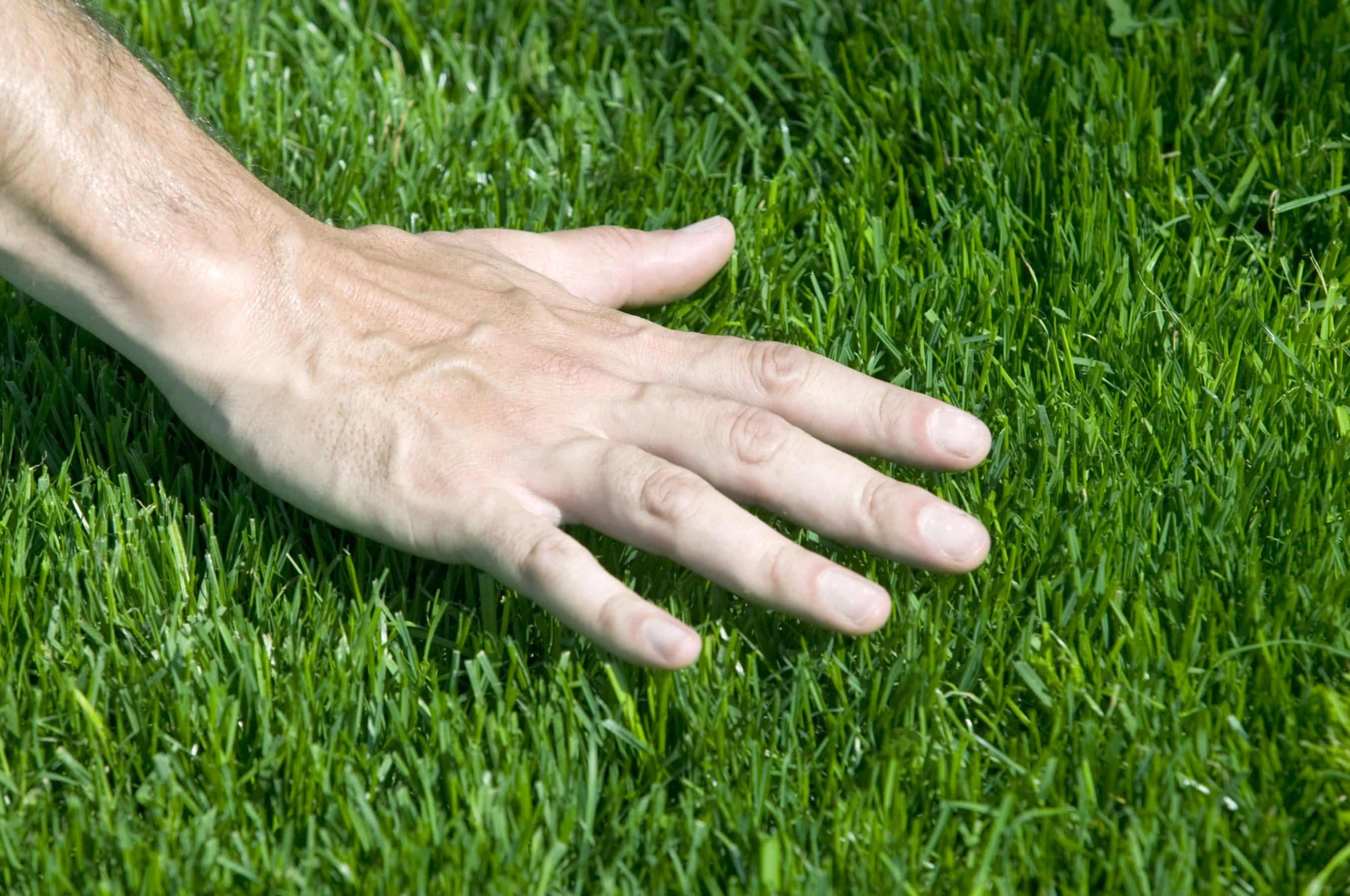

Landscaping Ideas
How To Get Rid Of Bermuda Grass Without Chemicals
Modified: March 26, 2024
Learn effective landscaping ideas to naturally eliminate Bermuda grass without the use of chemicals. Discover eco-friendly methods for a beautiful lawn.
(Many of the links in this article redirect to a specific reviewed product. Your purchase of these products through affiliate links helps to generate commission for Storables.com, at no extra cost. Learn more)
Introduction
Welcome to the world of landscaping, where the lush green of a well-tended lawn can be a source of pride and joy. However, there are times when unwanted intruders like Bermuda grass can disrupt the harmony of your garden. This resilient and invasive grass species has a knack for spreading quickly and overpowering other plants, making it a common nuisance for many gardeners.
While chemical herbicides can be effective in controlling Bermuda grass, they often come with environmental and health concerns. Fortunately, there are natural and eco-friendly methods to tackle this persistent foe. In this article, we will explore various techniques for getting rid of Bermuda grass without resorting to chemicals. From manual removal to organic herbicides, we will delve into the details of each method, equipping you with the knowledge to reclaim your garden from the clutches of Bermuda grass.
So, roll up your sleeves and get ready to reclaim your green space using safe and sustainable methods. Let’s dive into the world of natural Bermuda grass control!
Key Takeaways:
- Say goodbye to Bermuda grass using natural methods like manual removal, solarization, and smothering. No need for harmful chemicals – just patience and persistence to reclaim your garden!
- Harness the power of vinegar, boiling water, and organic herbicides to combat Bermuda grass naturally. Embrace sustainable gardening practices for a healthy, vibrant landscape.
Read more: How To Get Rid Of Bermuda Grass
Understanding Bermuda Grass
Before delving into the methods of eradicating Bermuda grass, it’s essential to understand the adversary you’re up against. Bermuda grass (Cynodon dactylon) is a warm-season perennial grass that is known for its aggressive growth and resilience. It thrives in various climates and soil types, making it a formidable opponent for gardeners and landscapers.
Bermuda grass spreads through both seeds and underground rhizomes, allowing it to rapidly colonize an area if left unchecked. Its ability to withstand drought, heat, and foot traffic further adds to its tenacity, making it a challenging weed to manage.
One of the key characteristics of Bermuda grass is its extensive and interconnected root system. These underground rhizomes enable the grass to regrow vigorously even after being mowed or pulled, making complete eradication a daunting task.
Furthermore, Bermuda grass can outcompete desirable plants for water, nutrients, and sunlight, leading to a decline in the overall health and aesthetics of your garden or lawn.
Given its robust nature, controlling Bermuda grass requires a multifaceted approach that targets both its above-ground foliage and its underground network of rhizomes. By understanding the resilience and growth habits of Bermuda grass, you can tailor your eradication methods to effectively combat this persistent weed.
Now that we have a clearer picture of our opponent, it’s time to explore the natural methods for reclaiming your garden from the clutches of Bermuda grass.
Manual Removal
When dealing with Bermuda grass, manual removal is a labor-intensive but effective method for controlling its spread. This approach involves physically uprooting the grass and its underground rhizomes to hinder regrowth. Here’s how you can tackle Bermuda grass through manual removal:
- Tools: Equip yourself with a sturdy garden fork or a dandelion weeder, as these tools can help you loosen and extract the deeply embedded rhizomes.
- Technique: Begin by moistening the soil to make it easier to extract the grass. Then, using your chosen tool, carefully dig around the base of the Bermuda grass clumps to loosen the soil. Gently pull the grass and its roots out of the ground, ensuring that you remove as much of the rhizome network as possible.
- Thoroughness: It’s crucial to be thorough when manually removing Bermuda grass. Even small fragments of rhizomes left in the soil can regenerate, leading to a resurgence of the weed. Take the time to meticulously clear the area, ensuring that no remnants are left behind.
- Consistency: Since Bermuda grass can regrow from the smallest rhizome fragments, consistent monitoring and removal are essential. Regularly inspect the treated area and promptly address any regrowth to prevent the grass from reestablishing itself.
While manual removal demands patience and persistence, it offers a non-toxic and sustainable approach to combating Bermuda grass. By diligently uprooting the grass and its rhizomes, you can gradually diminish its presence in your garden without resorting to chemical interventions.
Next, we’ll explore another natural method for tackling Bermuda grass: solarization.
Solarization
Solarization is a natural and chemical-free method that harnesses the power of the sun to eradicate Bermuda grass and other persistent weeds. This technique utilizes solar heat to raise soil temperatures to levels that are lethal to weed seeds, rhizomes, and other soil-borne pests. Here’s how you can employ solarization to combat Bermuda grass:
- Preparation: Begin by clearing the area of any debris, rocks, and large clumps of Bermuda grass. Rake the soil to create a smooth and even surface, ensuring that it is free of obstructions.
- Moistening the Soil: Water the area thoroughly to moisten the soil to a depth of about 12 inches. This step is essential for enhancing heat conduction and ensuring that the heat penetrates the soil effectively.
- Plastic Sheeting: Cover the prepared area with clear plastic sheeting, ensuring that it is tightly secured along the edges to create an airtight seal. The plastic sheeting traps solar energy, raising the soil temperature and creating a greenhouse effect beneath it.
- Duration: Allow the plastic sheeting to remain in place for 4 to 6 weeks during the hottest part of the year. This extended exposure to solar heat will effectively kill Bermuda grass, weed seeds, and undesirable soil organisms.
- Monitoring: Periodically check the soil moisture and temperature beneath the plastic sheeting to ensure that the conditions remain conducive for solarization. This step helps you assess the progress and effectiveness of the treatment.
Solarization offers a sustainable and environmentally friendly approach to controlling Bermuda grass without relying on chemical herbicides. By harnessing the natural power of the sun, you can create inhospitable conditions for Bermuda grass, paving the way for a healthier and weed-free garden.
Next, we’ll explore another natural method for suppressing Bermuda grass: smothering.
Smothering
Smothering is a non-chemical approach that involves depriving Bermuda grass of light, effectively inhibiting its growth and leading to its eventual demise. By using barriers to block sunlight and air, you can stifle the grass and prevent it from thriving. Here’s how you can employ smothering to suppress Bermuda grass:
- Mulch: Apply a thick layer of organic mulch, such as wood chips, straw, or cardboard, over the infested area. The mulch serves as a physical barrier, obstructing light and impeding the growth of Bermuda grass.
- Layer Thickness: Ensure that the mulch layer is at least 4 to 6 inches thick to effectively smother the grass and prevent it from receiving the light it needs to photosynthesize and survive.
- Suppression Period: Leave the mulch in place for an extended period, typically 6 to 12 months, to effectively suppress the Bermuda grass. During this time, monitor the area and replenish the mulch if it shows signs of decomposition or thinning.
- Revegetation: After the smothering period, you can gradually reintroduce desired plants or grass species to the area. Ensure that the soil is adequately prepared and free of Bermuda grass remnants before replanting to prevent its resurgence.
Smothering offers a natural and sustainable method for controlling Bermuda grass without resorting to chemical treatments. By creating unfavorable conditions for the grass to thrive, you can gradually reclaim the affected area and restore it to its former beauty.
Next, we’ll explore another natural method for combating Bermuda grass: using a vinegar solution.
Regularly mowing Bermuda grass at a low height can weaken it over time. You can also try smothering it with a thick layer of mulch or using a sod cutter to physically remove it.
Read more: How To Get Rid Of Bermuda Grass In Zoysia
Vinegar Solution
Utilizing vinegar as a natural herbicidal solution offers an effective way to target and control Bermuda grass without resorting to synthetic chemicals. The acetic acid present in vinegar acts as a desiccant, effectively drying out the foliage of the grass and hindering its growth. Here’s how you can create and apply a vinegar solution to combat Bermuda grass:
- Ingredients: Prepare a solution using horticultural-grade vinegar, which contains a higher concentration of acetic acid (around 20% strength) compared to household vinegar. Additionally, you can add a small amount of liquid dish soap to the solution to enhance its adherence to the grass.
- Application: Carefully apply the vinegar solution to the foliage of the Bermuda grass on a dry, sunny day when rain is not expected. Use a spray bottle or a pump sprayer to evenly coat the grass with the solution, ensuring thorough coverage of the leaves and stems.
- Caution: Exercise caution when applying the vinegar solution, as it can also affect desirable plants. Take care to avoid overspray and consider using a shield to protect nearby plants from inadvertent contact with the solution.
- Repeat Treatment: Depending on the resilience of the Bermuda grass, you may need to reapply the vinegar solution to ensure effective control. Monitor the treated area and address any regrowth promptly to prevent the grass from rebounding.
When used judiciously, a vinegar solution can serve as a targeted and natural approach to managing Bermuda grass without posing significant risks to the environment. By harnessing the desiccating properties of vinegar, you can curtail the growth of the grass and gradually reduce its presence in your garden or landscape.
Next, we’ll explore another natural method for tackling Bermuda grass: using boiling water as a non-chemical control measure.
Boiling Water
Employing boiling water as a non-chemical control measure offers a simple yet effective way to target and eradicate Bermuda grass without resorting to synthetic herbicides. The intense heat of boiling water scalds the foliage and rhizomes of the grass, effectively inhibiting its growth and leading to its eventual demise. Here’s how you can utilize boiling water to combat Bermuda grass:
- Application: Carefully pour boiling water directly onto the foliage and base of the Bermuda grass clumps. Ensure that the water makes direct contact with the grass to deliver the maximum heat effect, which can effectively damage the plant tissue.
- Caution: Exercise caution when handling boiling water to prevent accidental burns. Use appropriate protective gear and be mindful of wind conditions to avoid splashing hot water onto yourself or desirable plants in the vicinity.
- Repeat Treatment: Depending on the resilience of the Bermuda grass, you may need to repeat the boiling water application to ensure thorough control. Monitor the treated area and address any regrowth promptly to prevent the grass from reestablishing itself.
By harnessing the power of boiling water, you can deliver a targeted and natural blow to Bermuda grass, effectively impeding its growth without introducing harmful chemicals into your garden or landscape.
Next, we’ll explore another natural method for combating Bermuda grass: using organic herbicides as a sustainable control measure.
Organic Herbicides
Organic herbicides offer a natural and sustainable approach to managing Bermuda grass without resorting to synthetic chemicals. These plant-based or naturally derived products can effectively target and control the growth of unwanted weeds while minimizing the impact on the environment. When selecting organic herbicides for Bermuda grass control, consider the following options:
- Acetic Acid-Based Herbicides: Herbicidal solutions containing acetic acid, a natural compound found in vinegar, can serve as effective organic alternatives for targeting Bermuda grass. These products work by desiccating the foliage and inhibiting the growth of the grass.
- Pelargonic Acid-Based Herbicides: Derived from pelargonic acid, these organic herbicides can provide effective control of Bermuda grass and other weeds. Pelargonic acid disrupts the cellular membranes of plant tissues, leading to rapid dehydration and desiccation.
- Plant-Derived Oils: Essential oils derived from plants such as clove, cinnamon, or citrus can exhibit herbicidal properties and serve as natural alternatives for managing Bermuda grass. These oils can disrupt the cellular structures of the grass, leading to its deterioration.
- Precautions: When using organic herbicides, carefully follow the product instructions and safety guidelines. Take precautions to prevent overspray onto desirable plants, and consider conducting a spot test before widespread application to assess any potential impact on surrounding vegetation.
By incorporating organic herbicides into your weed management strategy, you can effectively target Bermuda grass while embracing natural and environmentally friendly solutions. These products offer a viable alternative to synthetic herbicides, allowing you to maintain a healthy and sustainable garden or landscape.
With these natural and eco-friendly methods at your disposal, you can confidently embark on the journey to reclaim your garden from the clutches of Bermuda grass. By employing a combination of manual removal, solarization, smothering, vinegar solutions, boiling water, and organic herbicides, you can effectively curtail the growth of Bermuda grass while nurturing a thriving and resilient green space.
Now armed with the knowledge of natural Bermuda grass control methods, you can embark on your weed management endeavors with confidence and a commitment to sustainable gardening practices.
Conclusion
As you navigate the realm of landscaping and garden maintenance, the presence of Bermuda grass can pose a formidable challenge. However, armed with natural and eco-friendly methods, you can reclaim your green space from the encroachment of this resilient weed without resorting to chemical interventions.
By understanding the growth habits and resilience of Bermuda grass, you can tailor your approach to effectively combat its spread. Manual removal, solarization, smothering, vinegar solutions, boiling water, and organic herbicides offer diverse and sustainable methods for controlling Bermuda grass while promoting a healthy and vibrant garden ecosystem.
Embracing manual removal allows you to diligently uproot the grass and its rhizomes, gradually diminishing its presence through patience and persistence. Solarization harnesses the power of the sun to create inhospitable conditions for Bermuda grass, offering a natural and environmentally friendly approach to weed control.
Smothering serves as a non-chemical method for depriving Bermuda grass of the light it needs to thrive, while vinegar solutions and boiling water deliver targeted blows to the weed, inhibiting its growth without introducing harmful chemicals into your garden. Additionally, organic herbicides provide a natural and sustainable alternative for managing Bermuda grass, allowing you to effectively target and control its growth while minimizing environmental impact.
With a multifaceted approach that integrates these natural methods, you can gradually reclaim your garden from the clutches of Bermuda grass, fostering a resilient and thriving green space while embracing sustainable gardening practices.
As you embark on your weed management endeavors, remember that patience and consistency are key. By combining these natural techniques and adapting them to your specific garden environment, you can effectively curtail the growth of Bermuda grass and nurture a healthy and vibrant landscape.
So, roll up your sleeves, embrace the power of natural solutions, and embark on the journey to reclaim your garden with confidence and a commitment to sustainable and eco-friendly practices.
Frequently Asked Questions about How To Get Rid Of Bermuda Grass Without Chemicals
Was this page helpful?
At Storables.com, we guarantee accurate and reliable information. Our content, validated by Expert Board Contributors, is crafted following stringent Editorial Policies. We're committed to providing you with well-researched, expert-backed insights for all your informational needs.
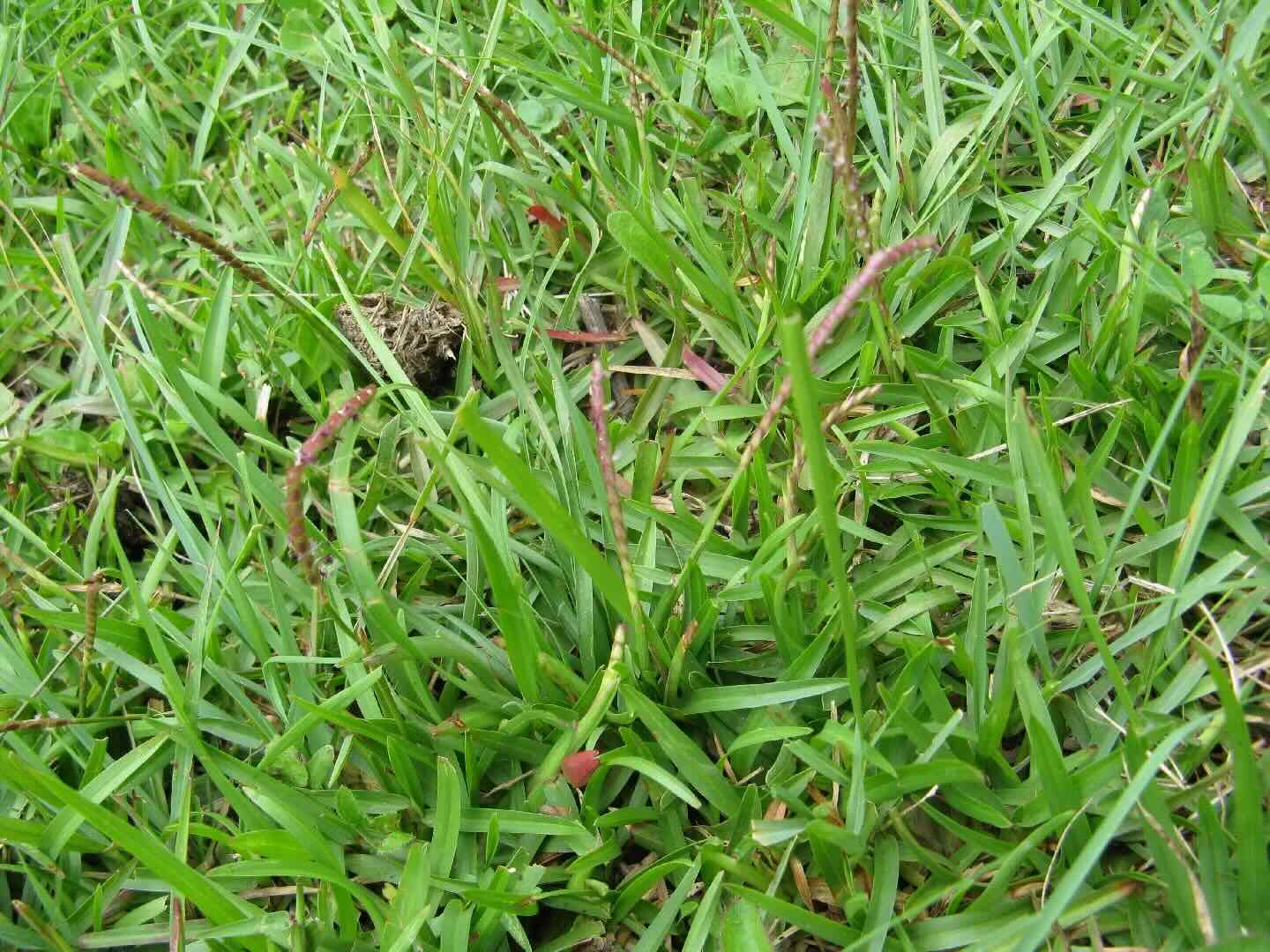
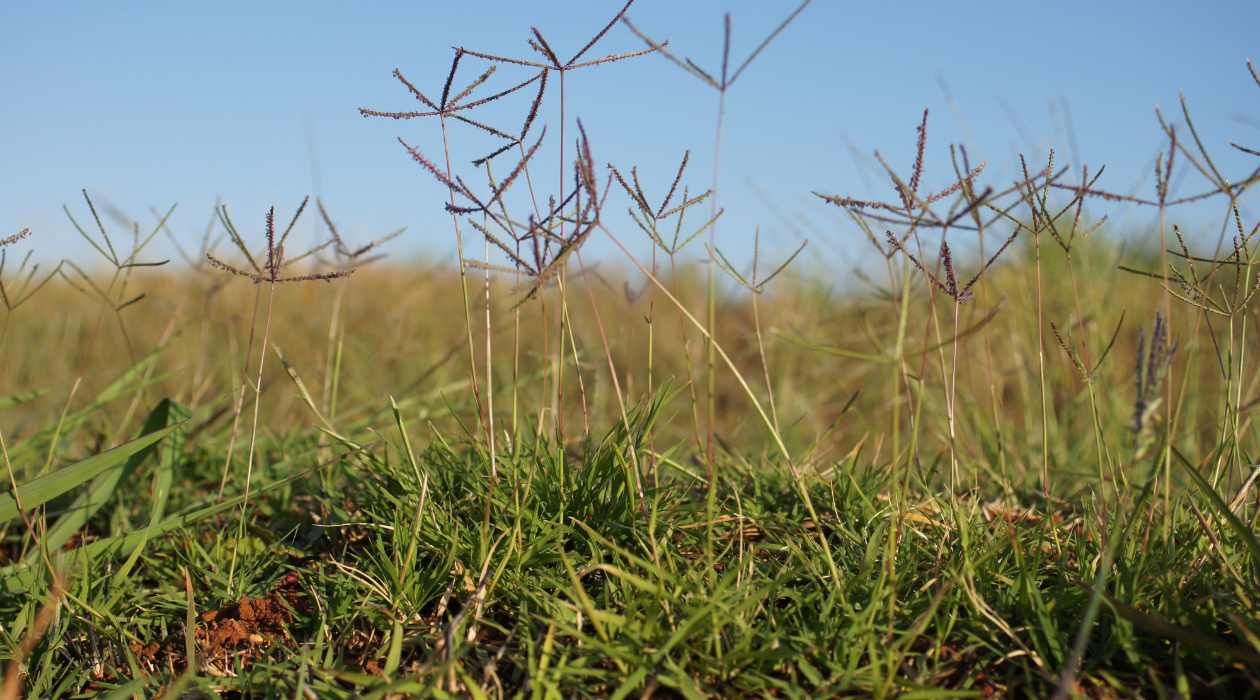
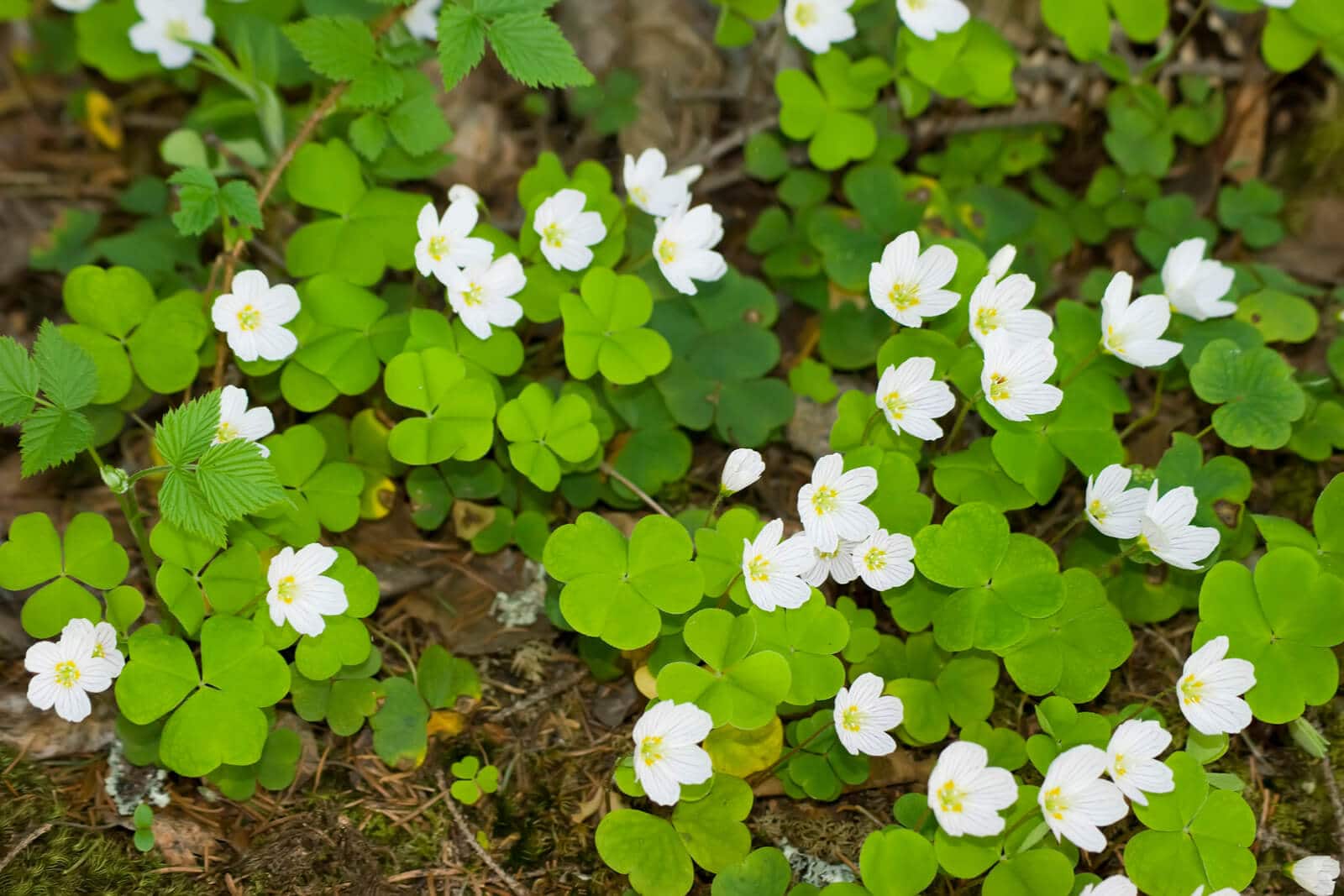
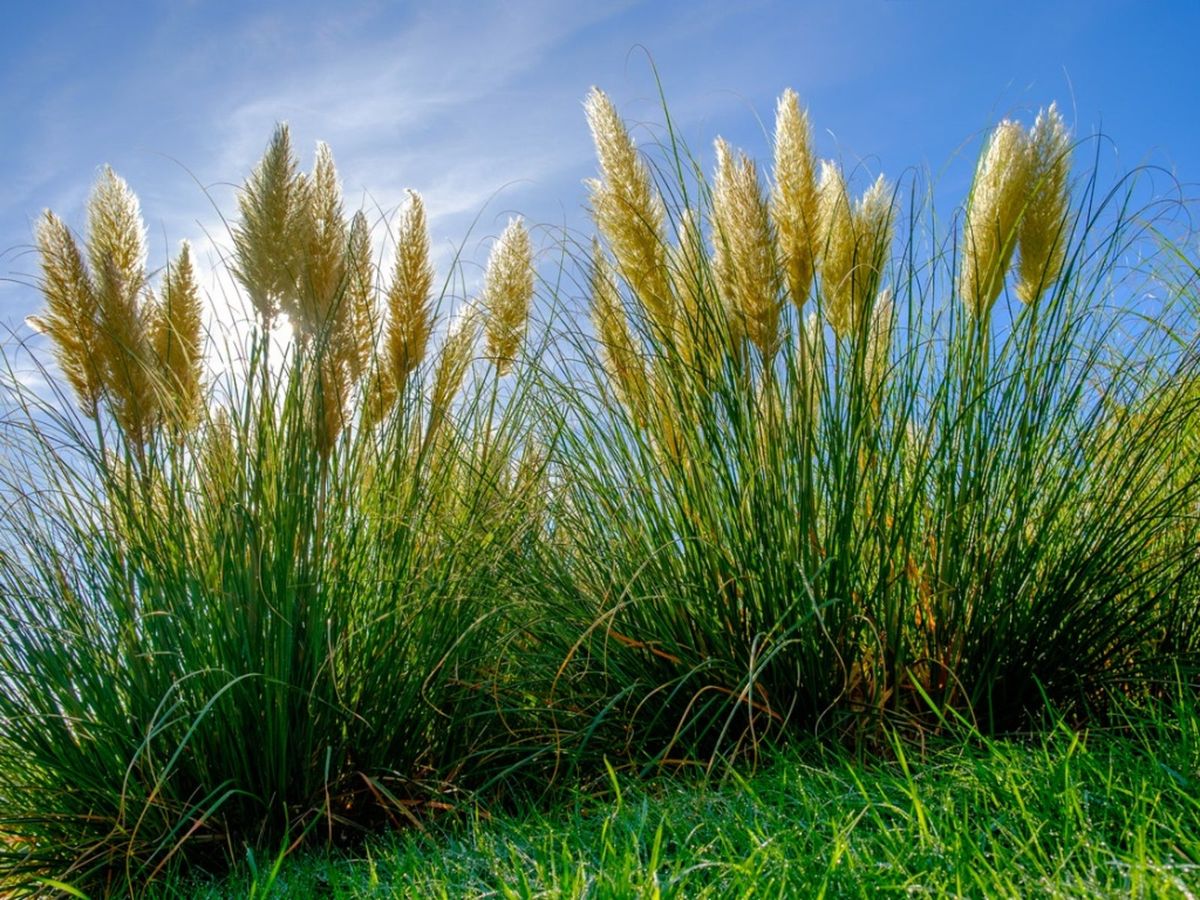
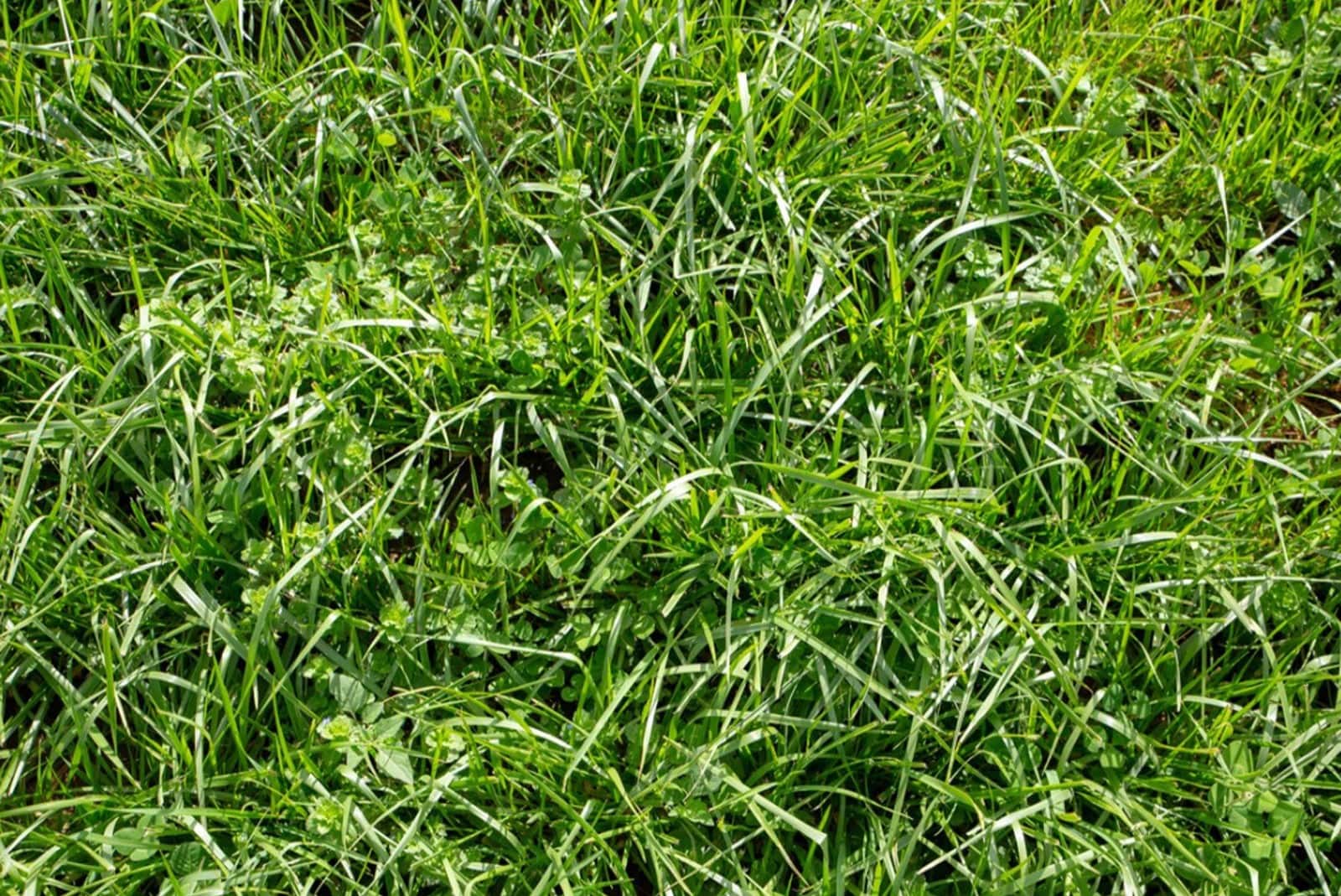
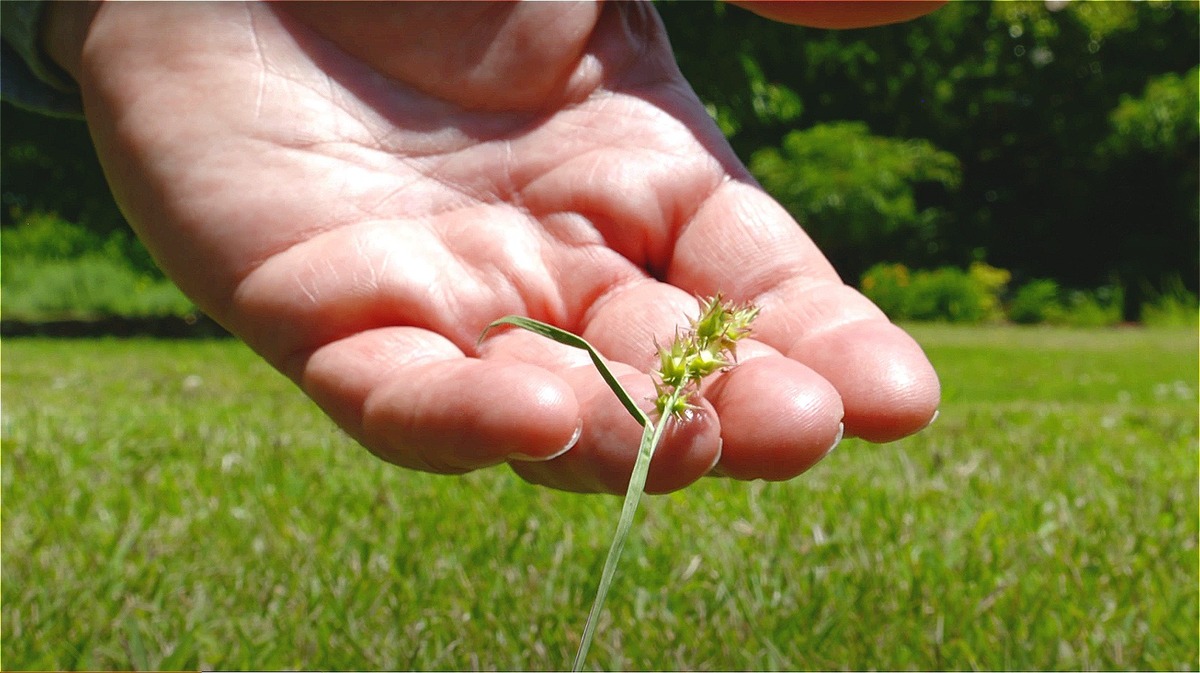
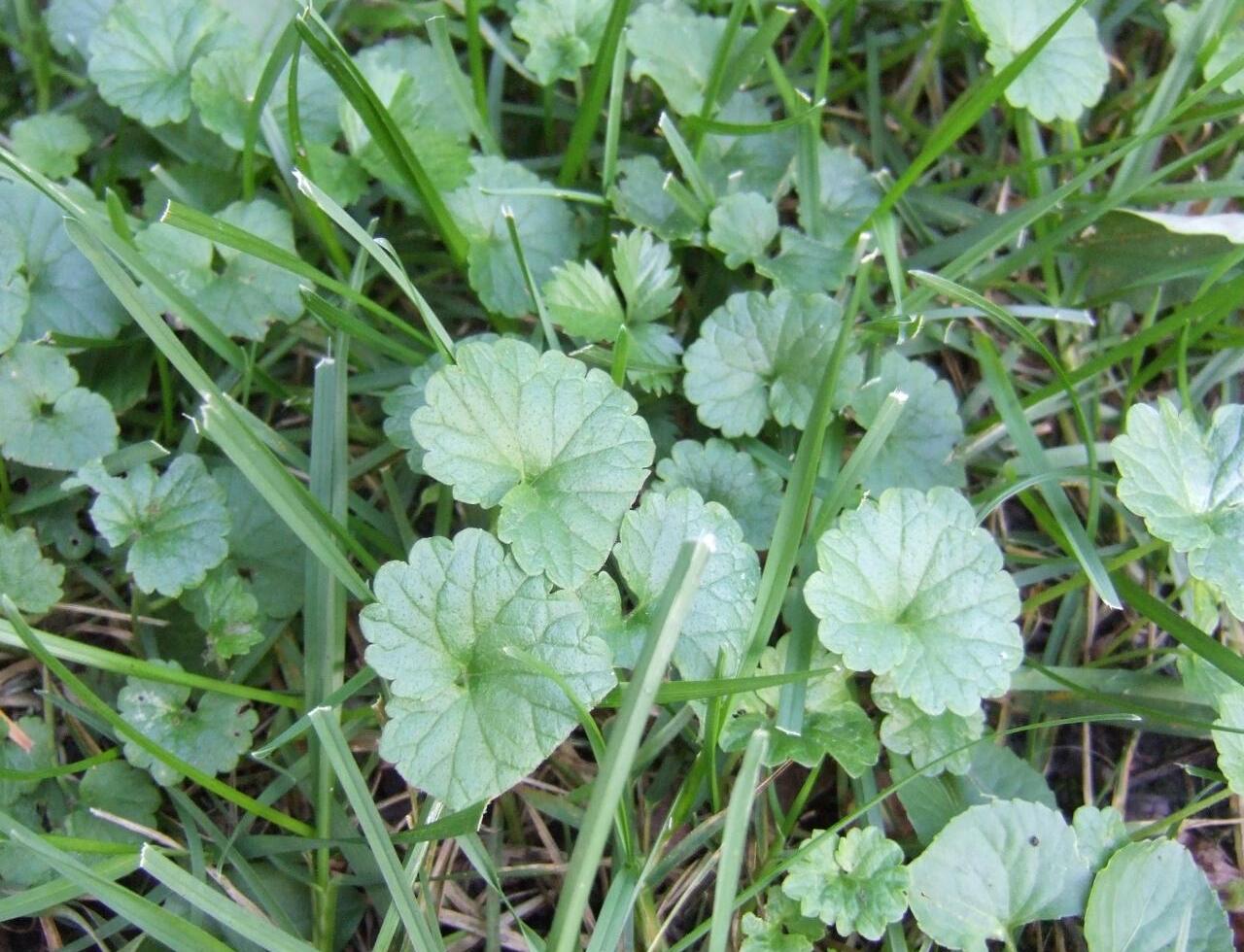
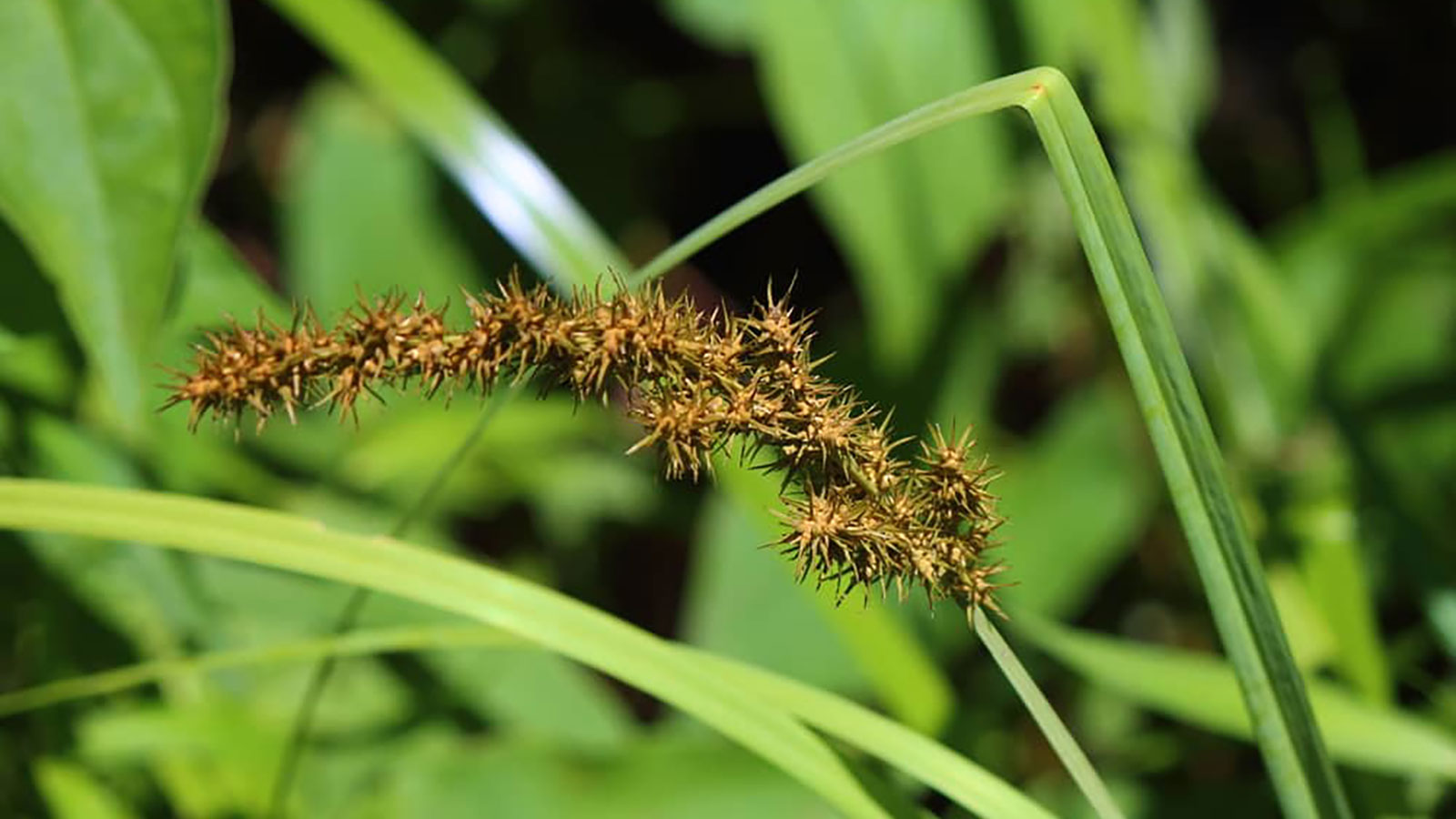
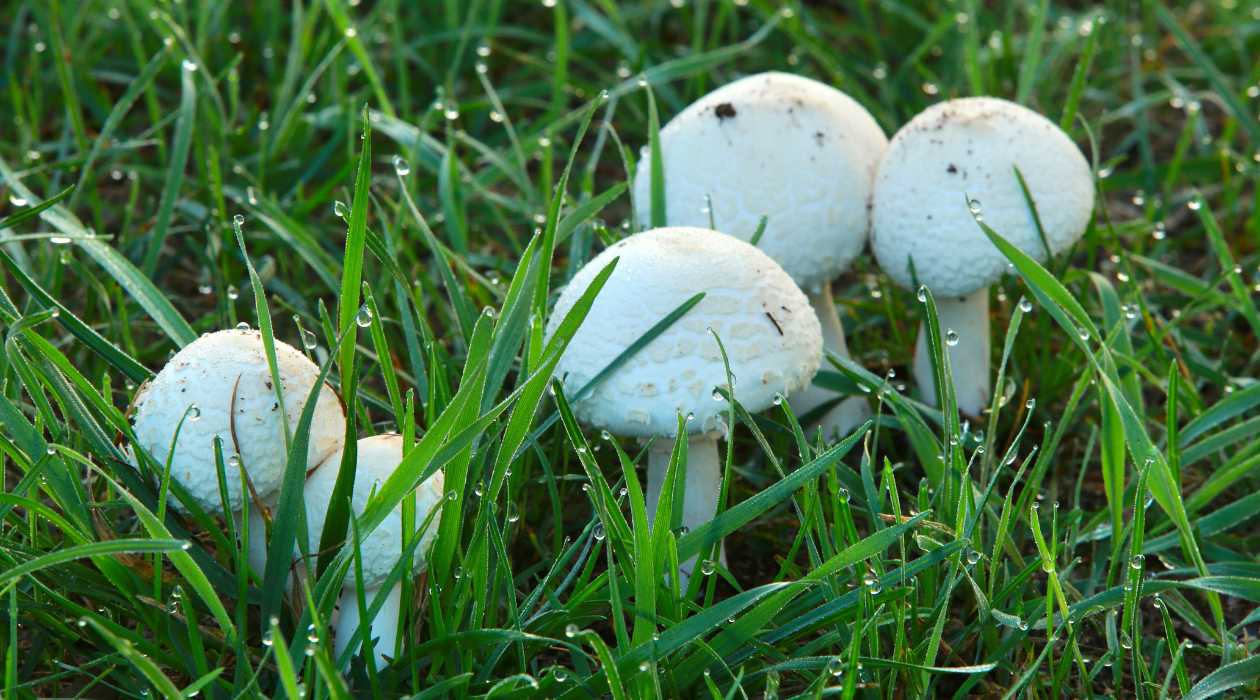
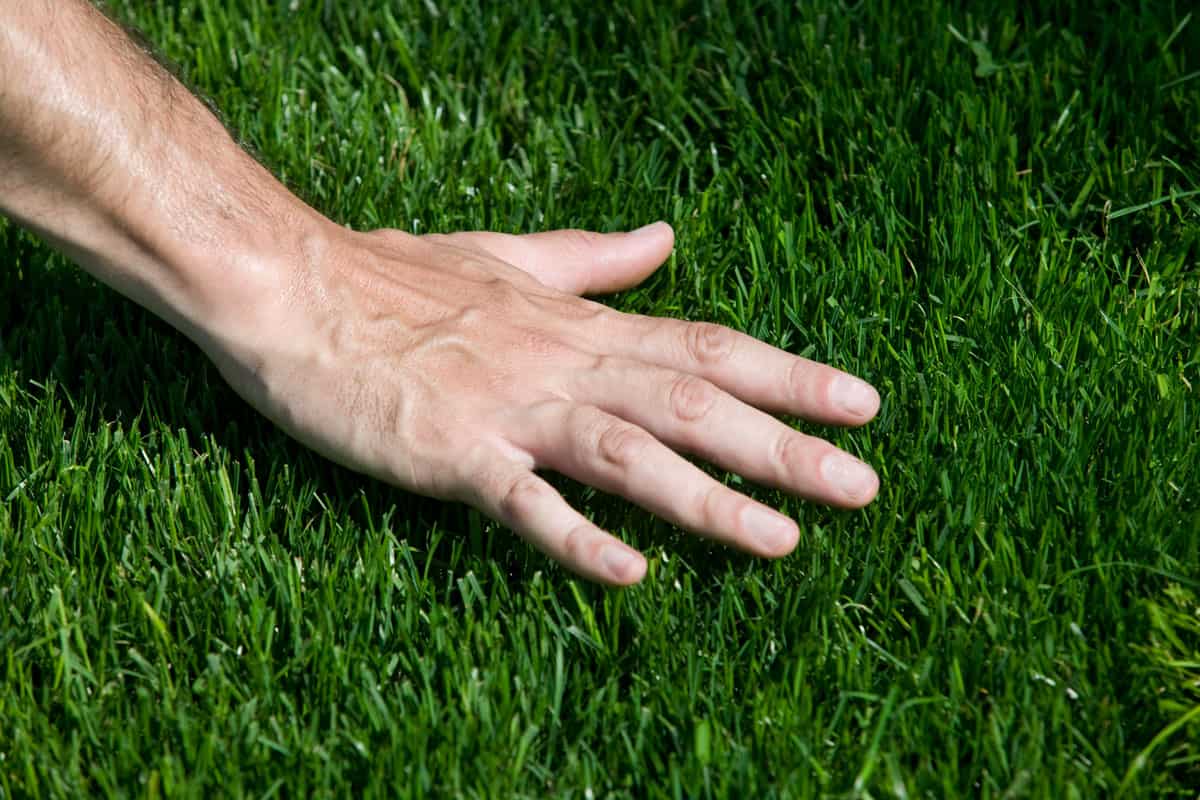
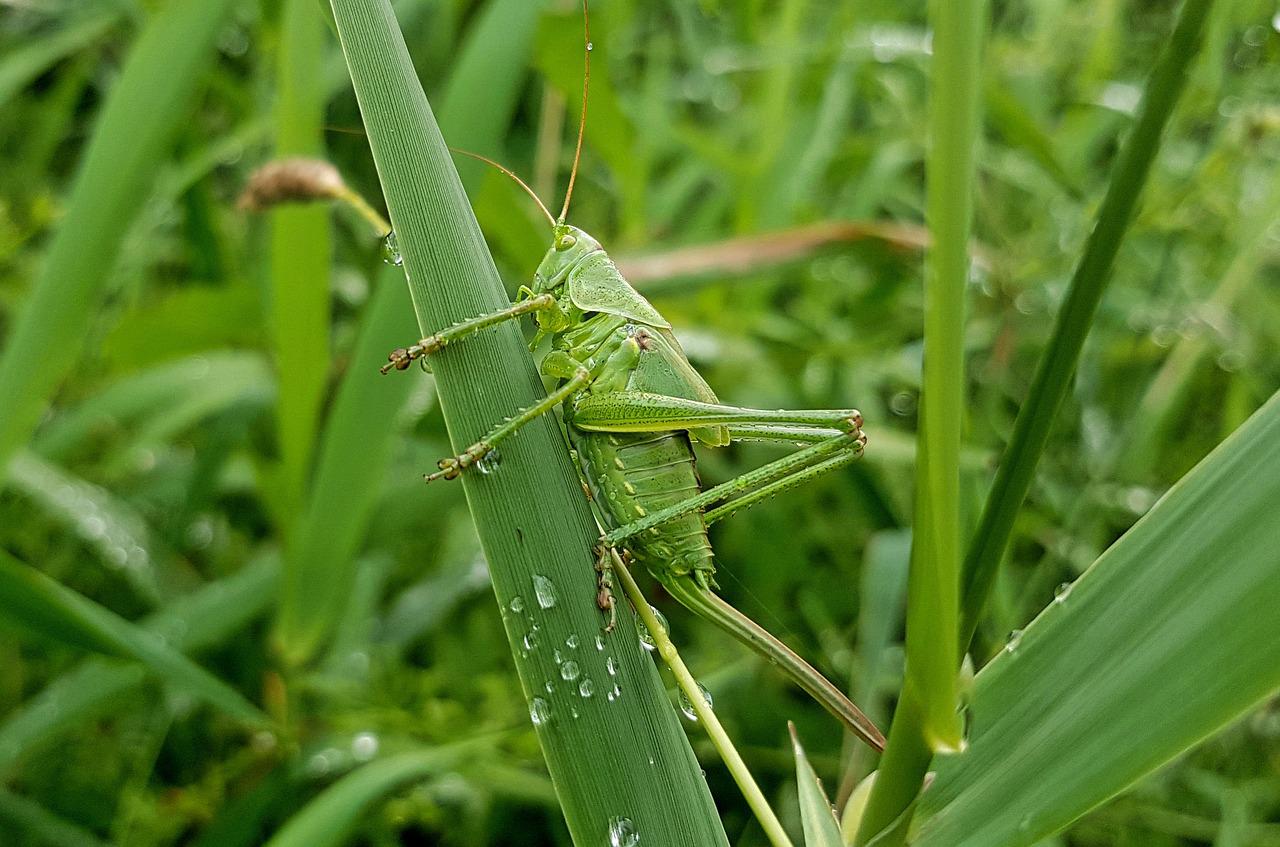
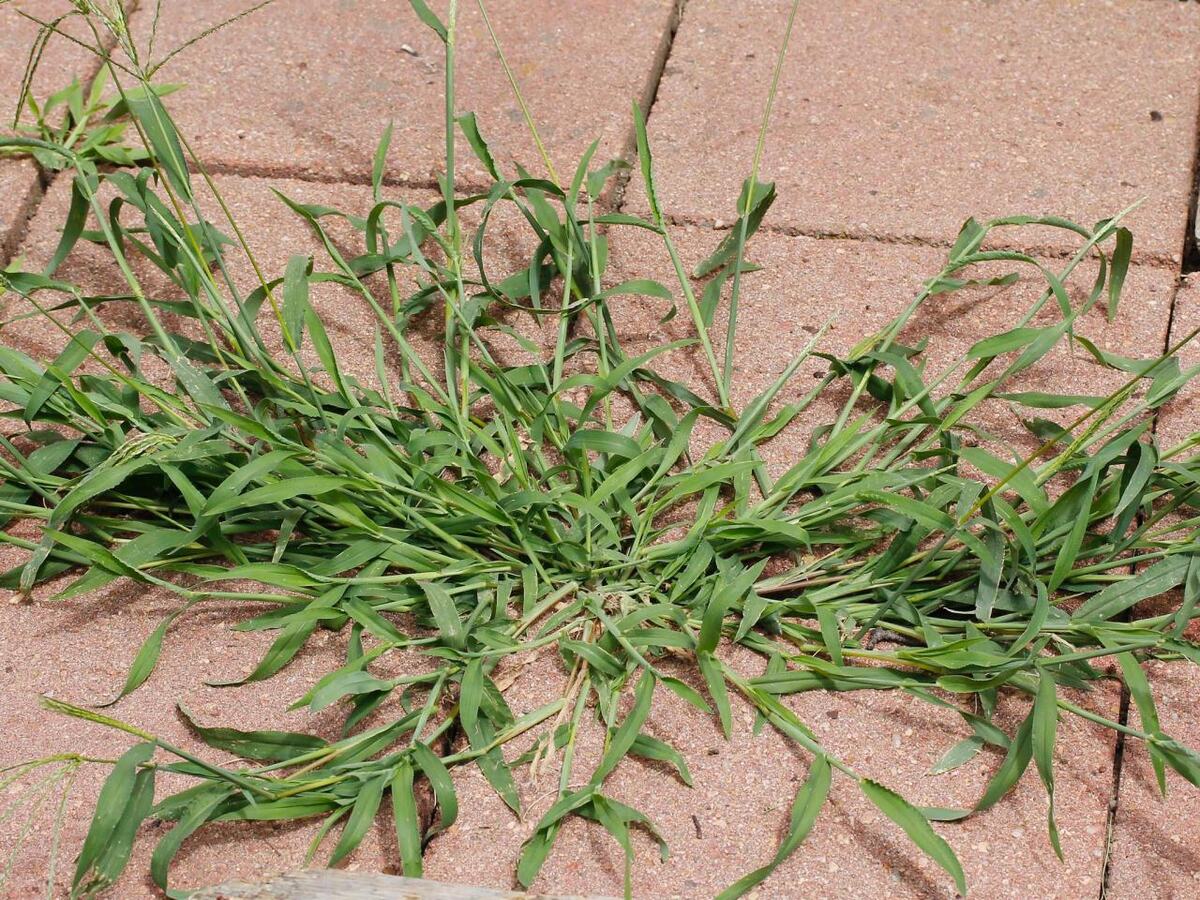
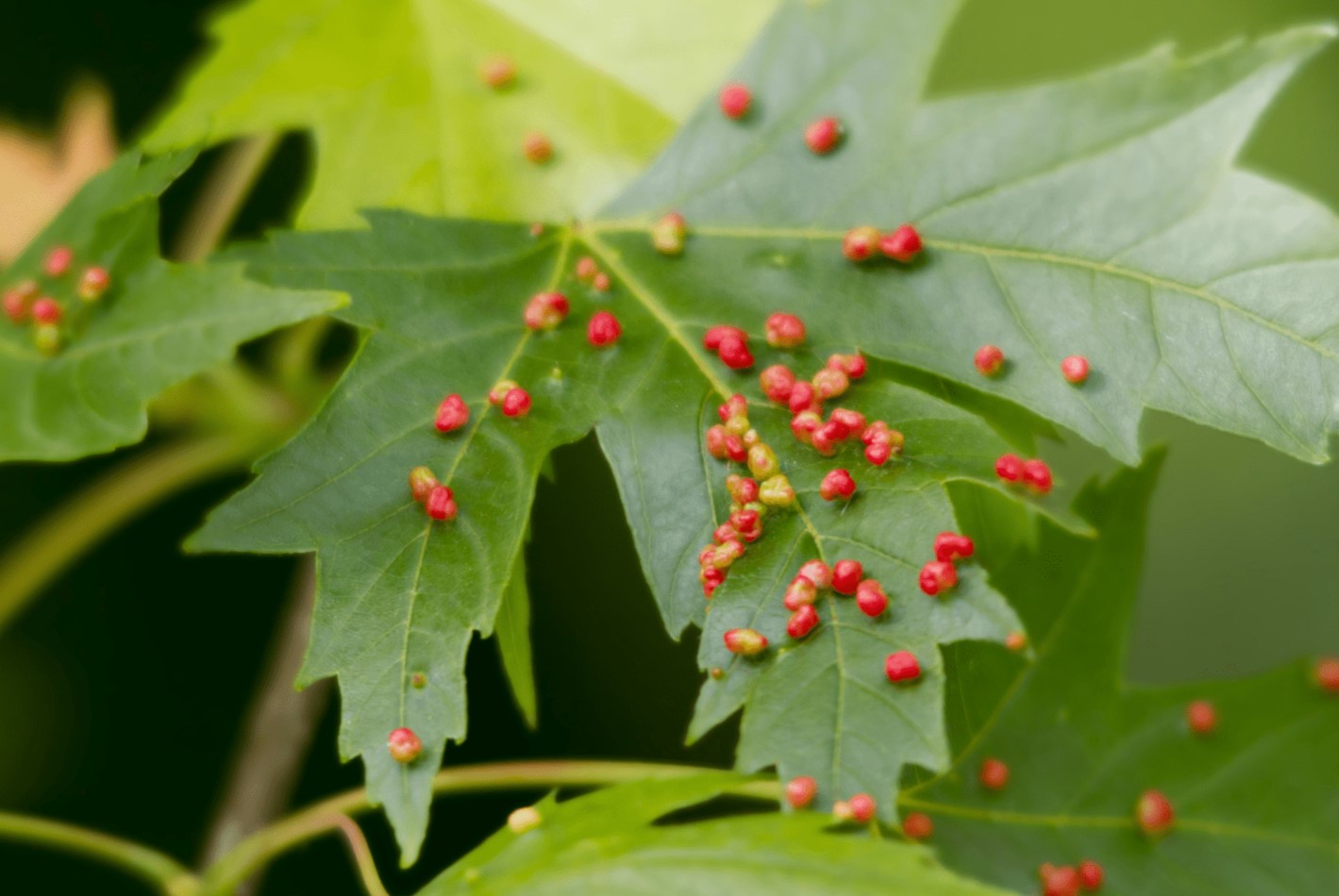
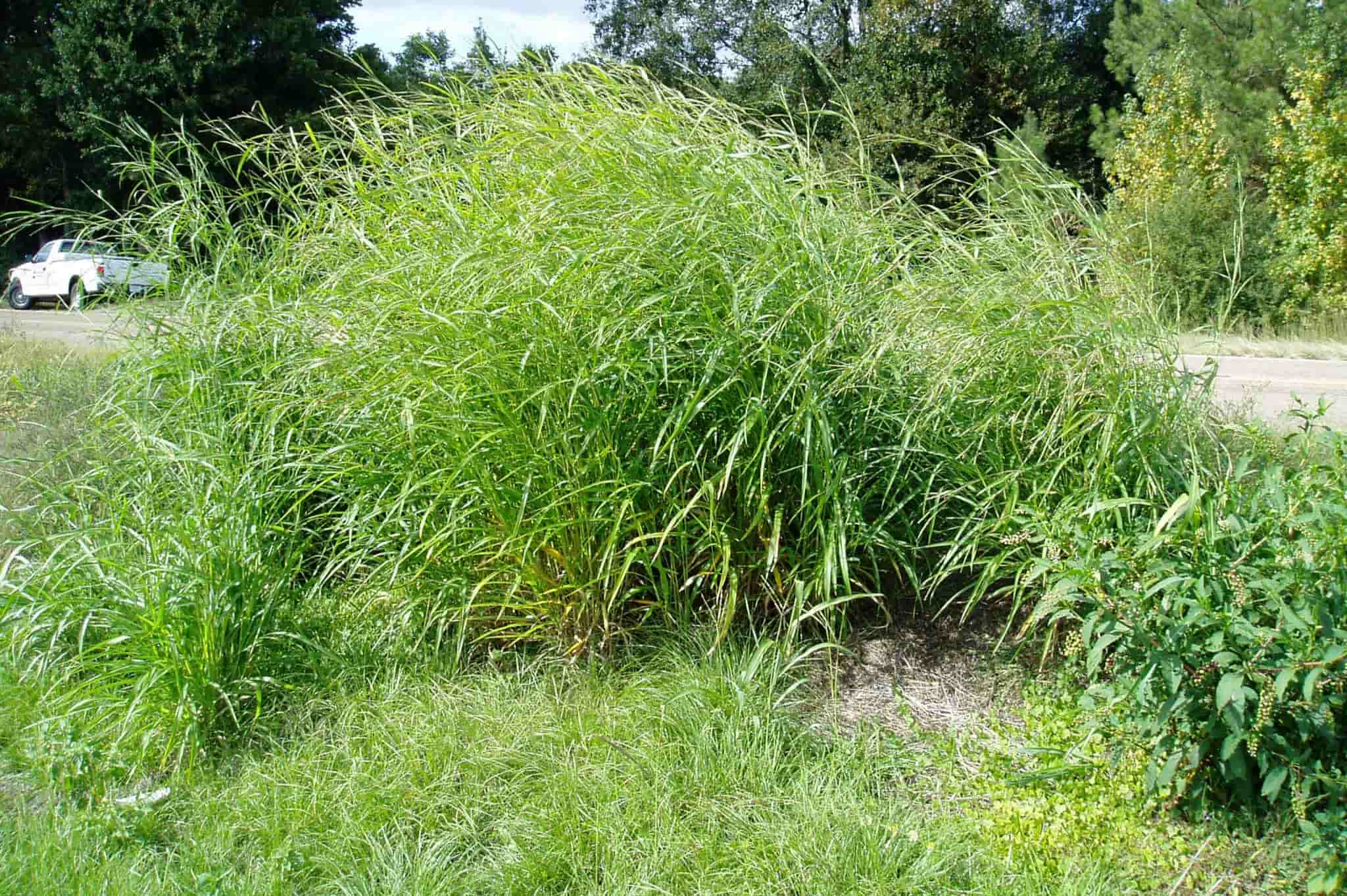

0 thoughts on “How To Get Rid Of Bermuda Grass Without Chemicals”